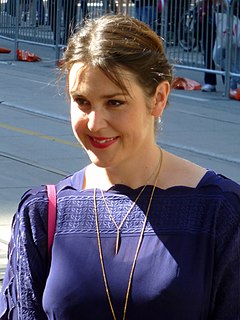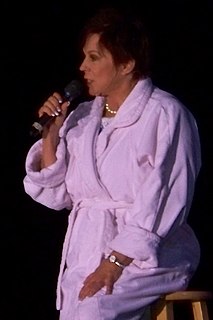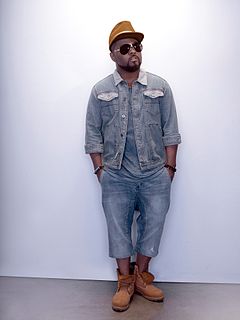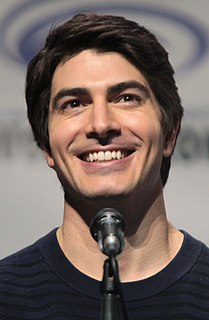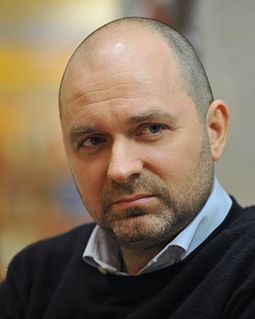A Quote by Karla Souza
I felt really strongly about this script [ Everybody Loves Somebody] because, like you said, it's a very specific way of life.
Related Quotes
We're nothing if we're not loved. When you meet somebody who is more important to you than yourself, that has to be the most important thing in life, really. And I think we are all striving for it in different ways. I also believe very, very strongly that everybody is the hero/heroine of his/her own life. I try to make my characters kind of ordinary, somebody that anybody could be. Because we've all had loves, perhaps love and loss, people can relate to my characters
I felt like the script [of "I Don't Feel at Home in This World Anymore"] was so clear. It was sort of packed full of information. [Macon Blair] puts in a lot of discussion in the script. Characters are introduced very thoughtfully. The way he described walking into particular environments was very specific.
It's not about the script: it's about who the director is and who the other people in the cast are. Because you can look at a great script and execute it in a very sophomoric way, and you can look at an OK script, and you can execute it in a very sophisticated way and come out with something really good.
I was in school for jazz voice, which is the dumbest way to spend $35,000 a year. I just felt like a rip-off of good jazz singers. I didn't feel like I was being anything special, and I always wanted to be special. It's like you know you have something inside you that's gonna make you different than everybody else and make you somebody in this life, but you wish you could figure out what it is, because at most things, you're either mediocre or really, really bad.
I wrote the script to 'Lady Bird,' and it really came out of a desire to make a project about home - like, what the meaning of home is, and place. I knew Sacramento very well, obviously, growing up there, and I felt like the right way to tell a story of a place was through a person who's about to leave it.
Not everybody here is rich. Not everybody here is independently wealthy. Not everybody here is free from any kind of economic concern. We run the gamut here, too. It's the opportunity to escape that that exists here, for very specific reasons. But it's not because the US is where it is. It's not because our DNA is different than anybody else's. It's because of the way we have structured our affairs, our government.
I just couldn't believe that it [Into the Forest script] had fallen into my lap, because I felt so incredibly connected to my character, and I understood her, and I really...I haven't had that feeling about a script since I had read Thirteen or The Wrestler when I was just like, "No one else can do this." I just feel so passionate about it.
I was born in an odd spot and was a very sensitive kid. My feelings could get hurt so easily because I always wanted to be loved, I wanted to be touched, I wanted to touch somebody. I wanted everybody to love me, so I think I was louder than I should have been. I was just trying to get attention. I always felt like I was somebody special, maybe it's because I needed to be somebody special.
Really it's all about what's inside the Superman suit. How you feel about yourself when you put that on because it's very revealing and very imposing if worn with confidence, I suppose. The first time I wore it, I didn't have that as much. I hadn't really trained any, yet. I hadn't read the script, I hadn't really worked on the character at that point. And I was standing around with a room full of costume designers and everybody was judging me right away and going, "Don't make your judgment on it, if this is Superman quite yet or not," because I hadn't done all the work that I would later do.
People are flawed. I like peaking into their flaws. The way to humanize them is not to play them in any general way, but to make them very specific. If you make them specific, they have hopes and dreams and loves and vulnerabilities and quirks and you get to know them and you get to appreciate them.


